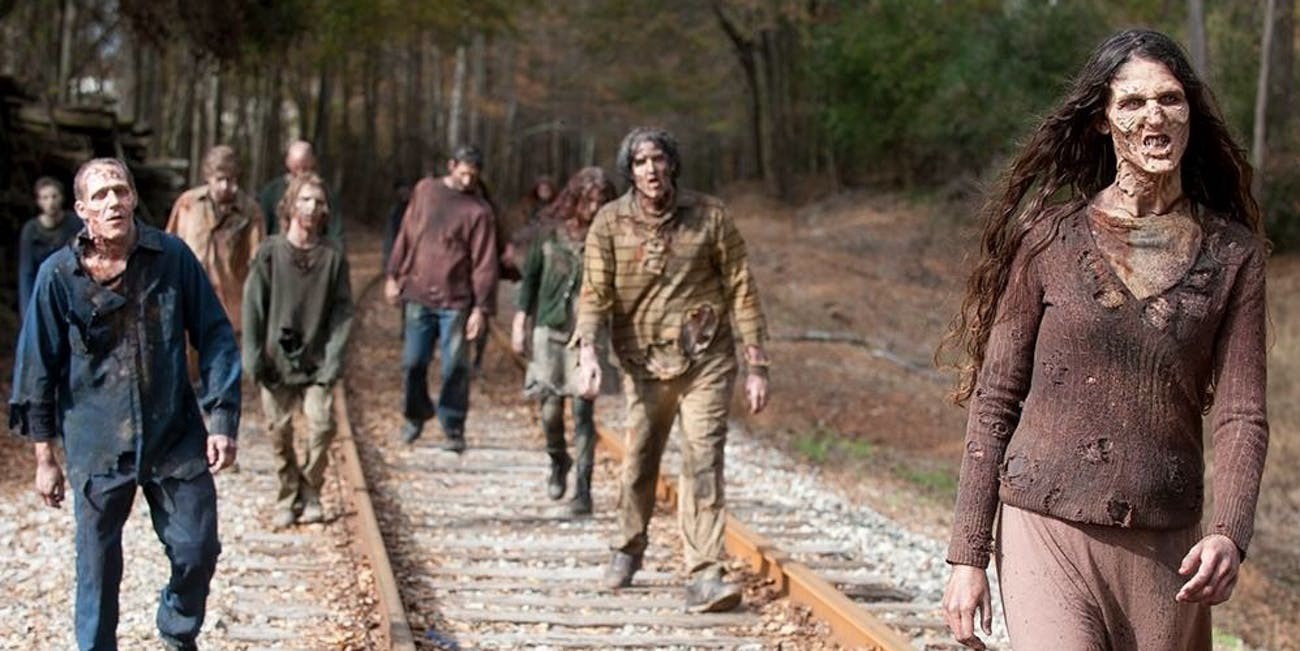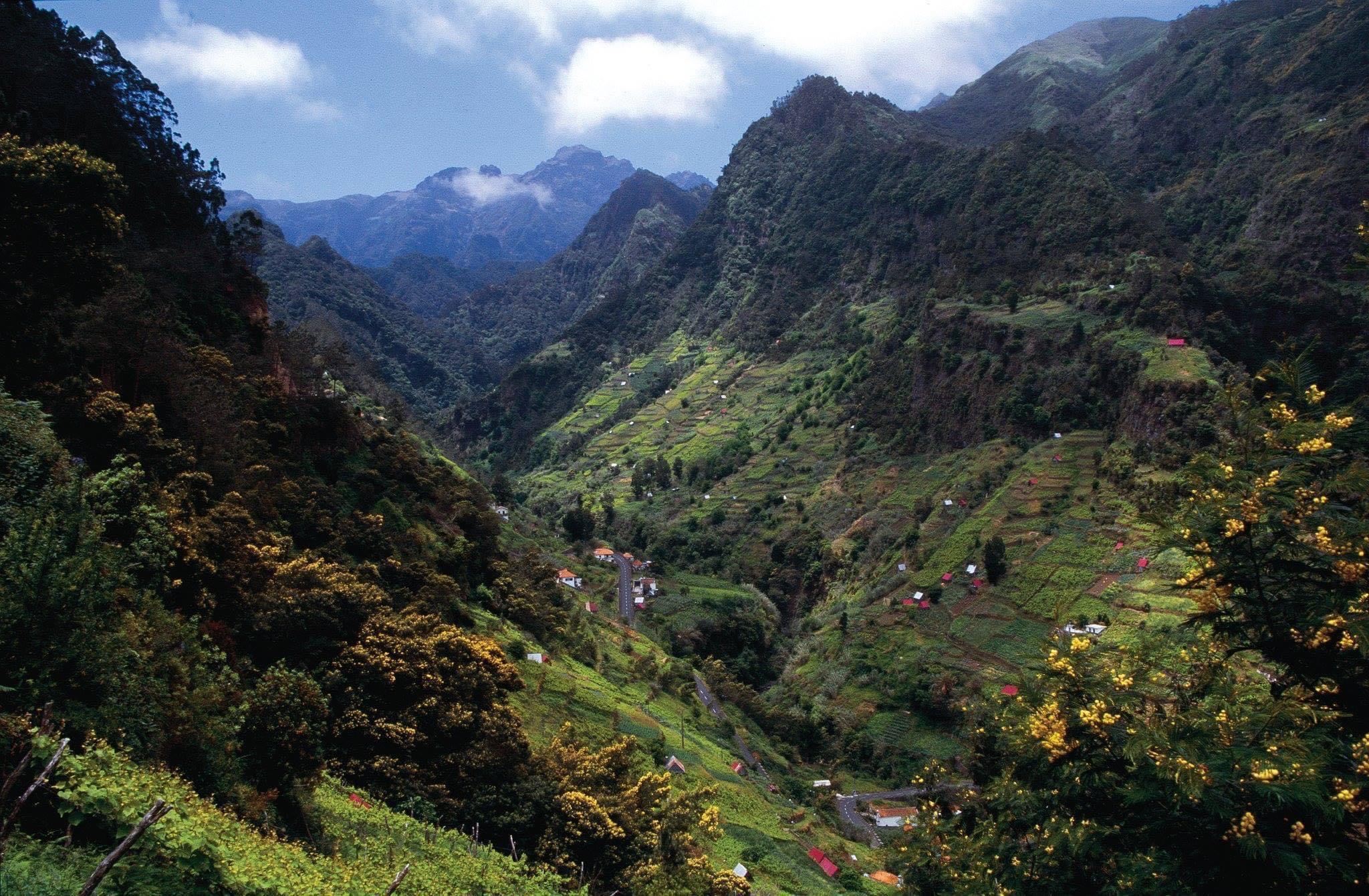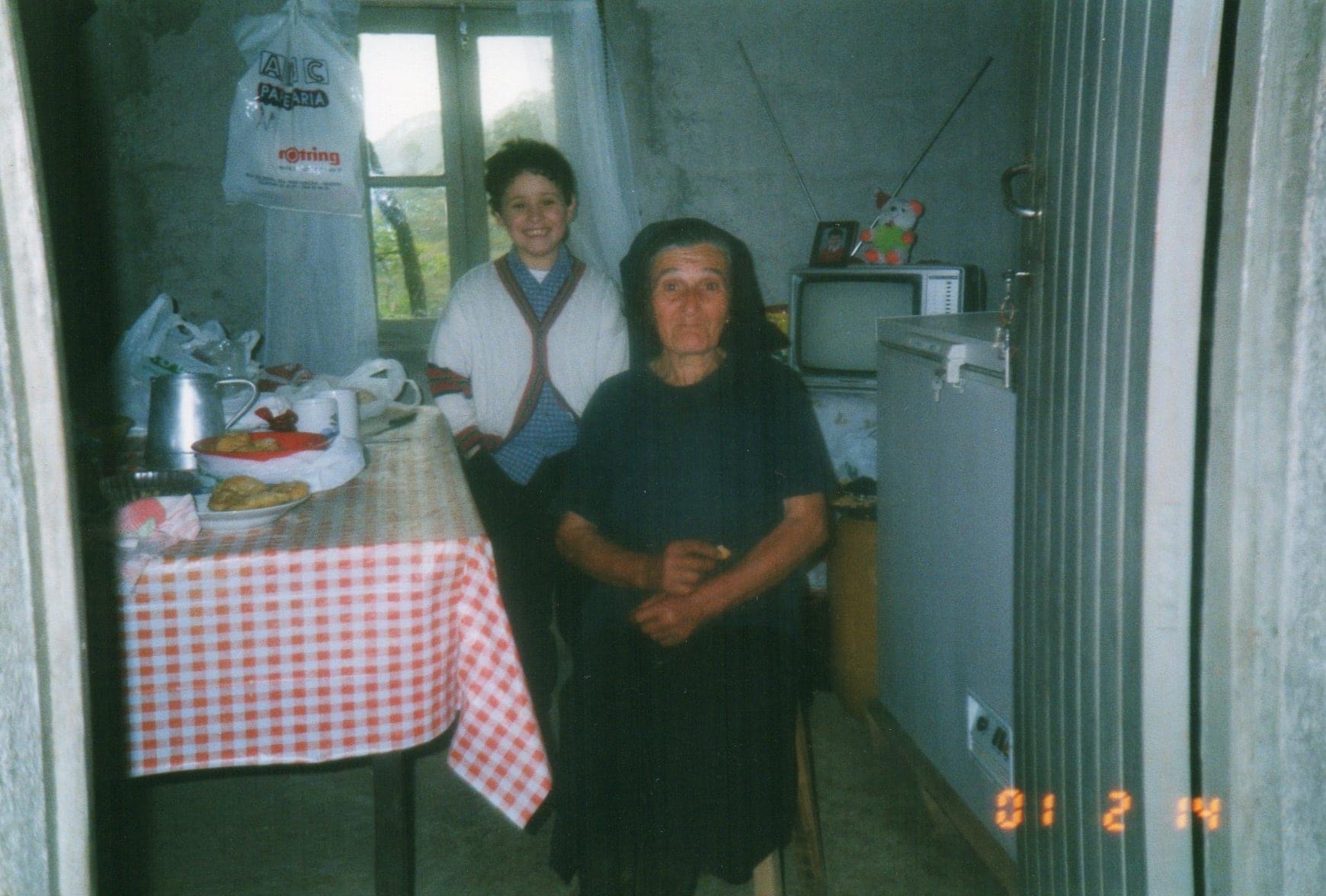Today's Nest Eggs Might Be Rotten By Tomorrow
I know lots of people including myself who like to worry a lot. I spend a lot of time thinking about what to do in a black swan event - "extremely unpredictable events that have massive impacts on human society".
Friends and family tease me for my obsessions with how to prepare for a potential zombie apocalypse. Guns, tinfood and land are the conclusions I've come to.

I see the same behaviours in others too. Friends who insist on getting all of their ducks in a row before major life changes. One old school friend is determined to obtain a certain level of income before he has children so that he can send them to private schools to avoid an unwanted "teenage pregnancy". You might think he's crazy, but many of our school peers became teenage parents.
It's understandable that my friend is so determined to send his children to a private school. Many of our classmates are now in prison, and the teaching was often either preoccupied with behaviour management or downright terrible. One history teacher would spend every other lesson reading her emails and told us how she saw the CEOs of Pringles inside a church worshiping Satan. Yes, you read that right, "CEOs".
It is easy to see why so many of us have a predisposition to worry. Past humans who hoarded food may have survived famines, or worried about how well liked they were by a powerful chieftain who would sometimes kill those who they disliked. There are many places where these worries are justified today. Our ancestors who worried and successfully prepared for dangers will have survived and reproduced, conferring genes that predisposed them to worrying onto us.

Many of the emotions and behaviours that we have inherited are either too powerful or unsuitable for life in relatively safe 21st century democracies. Our instinct to eat foods that are high in sugars and fats makes sense when food is rare as has historically usually been the case. But today it has led to an obesity crisis in western countries. It's often obvious that we should not eat that second or third Krispy Kreme doughnut brought into the office by a friendly colleague, but it is a real struggle to override that temptation and often we fail to do so. Much of the struggle of modern life is overriding those destructive emotions that implore us to take actions that we would regret.
Many of us build a nest egg that will provide some security in the future. The hard work that we invest to obtain a degree that will lead to a good job; buying a house so that later we won't have to worry about paying rent or a mortgage; or, saving money for a rainy day.
These are all often healthy behaviours, and usually do provide us with a nice nest egg that we can rely on in the future.
However, the world can change and the security which similar nest eggs are providing others today might not be provided by your nest egg tomorrow.
My parents were among many in the last century who made the transition from rural tenant farmers to urban workers. My mum grew up in the 70s and 80s on the side of a mountain in Madeira. Her childhood home still does not have a toilet to this day and electricity only arrived in her teenage years. Her parents stopped her and her sibblings education after only three years of schooling so that she could work hard on the farm. She ran away from home to move to the city at the age of 19.

My grandparents eventually saved enough money to buy a thin strip of land on the steep side of a mountain. This was their nest egg. The security that they hoped to bestow on to their children. Most of their descendants have moved away from their childhood home to the city. It now sits unused and unusable with trees that are so deeply rooted that they're un-fellable because the land is so steep.
The rapid urbanization and improvements in agriculture of the last century led to a loss in the value of the investments that my grandparents viewed as traditionally providing security. They were unable to understand how the world was changing and what it meant for them.

I tell you this cautionary tale, not to make you worry more about how the world can change and what that might mean for your investments, but to remind you and to remind myself to enjoy the present. I'm not saying that we should not prepare for the future, of course we should. But, we should not let saving for the future consume us today, as today's investments are not guaranteed to mean much tomorrow.